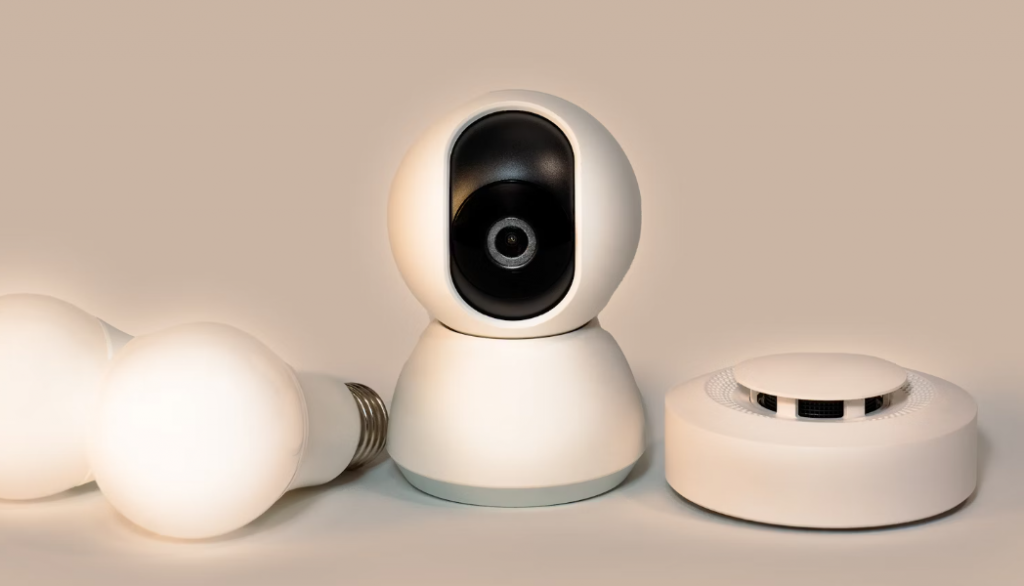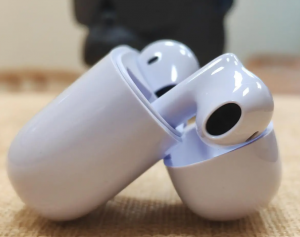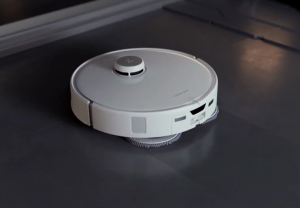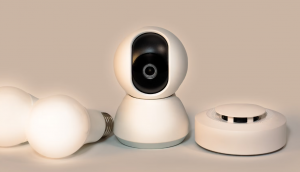Smart Home Devices: Top Picks and Reviews
Smart home devices have revolutionized the way we interact with our living spaces, offering convenience, security, and efficiency like never before. From enhancing entertainment experiences to optimizing energy usage, these gadgets have become integral parts of modern homes. In this comprehensive guide, we’ll explore the top picks across various categories of smart home devices, providing insightful reviews to help you make informed decisions.
Introduction to Smart Home Devices
In today’s digital age, smart home devices encompass a wide range of products designed to automate and enhance household tasks. These devices leverage connectivity and advanced technologies to bring unprecedented control and comfort to homeowners.
Types of Smart Home Devices
Smart Speakers
Smart speakers such as Amazon Echo and Google Nest have redefined home entertainment and convenience. These devices not only play music but also act as hubs for controlling other smart devices through voice commands. With integrated virtual assistants like Alexa and Google Assistant, they offer hands-free operation for various tasks, from setting reminders to controlling smart lights.

Smart Thermostats
Among the most popular smart home devices are smart thermostats like Nest and Ecobee. These devices learn your heating and cooling preferences, adjusting settings automatically to optimize energy usage and reduce utility bills. Their intuitive interfaces and smartphone compatibility make them essential for modern energy-efficient homes.
Security Devices
Smart Cameras
Security cameras have become smarter with features like HD resolution, night vision, and motion detection. Brands like Arlo and Ring offer robust cloud storage options, ensuring you can monitor your home remotely with ease. These cameras provide peace of mind by enhancing home security and deterring potential intruders.
Smart Locks
Smart locks from companies like August and Yale replace traditional door locks with keyless entry systems. They offer features such as remote access via smartphone apps and integration with home security platforms. With customizable access permissions, smart locks provide enhanced security while allowing convenient access for family members and trusted visitors.

Smart Lighting Systems
Smart Bulbs
Smart lighting systems like Philips Hue and LIFX offer customizable lighting solutions that can be controlled via smartphone apps or voice commands. These bulbs not only enhance ambiance but also contribute to energy conservation by adjusting brightness and color temperature based on user preferences.
Smart Light Switches
Smart switches from companies such as Lutron and Leviton provide an alternative to smart bulbs, allowing users to control existing lighting fixtures. They offer compatibility with popular voice assistants and can be programmed to create schedules or scenes, enhancing convenience and energy efficiency.
Entertainment and Media
Smart TVs
The evolution of smart TVs has brought advanced features like 4K resolution, HDR support, and built-in streaming services. Brands like Samsung and LG lead the market with models that integrate seamlessly with smart home ecosystems, offering immersive viewing experiences and easy access to a plethora of content.
Kitchen and Home Appliances
Smart Refrigerators
Modern refrigerators from Samsung and LG incorporate smart features such as touchscreen displays and cameras inside the fridge. These innovations enable features like inventory management and grocery list creation, enhancing organization and reducing food waste.
Smart Ovens
Smart ovens like those from June and Bosch bring precision cooking to your fingertips. With features such as remote monitoring and recipe suggestions, these ovens simplify meal preparation while ensuring optimal cooking results.
Integration and Compatibility
Compatibility with Voice Assistants
One of the key advantages of smart home devices is their compatibility with popular voice assistants like Amazon Alexa, Google Assistant, and Apple Siri. This interoperability allows users to control multiple devices using voice commands, creating a seamless smart home experience.
Factors to Consider When Buying Smart Home Devices
Budget
When choosing smart home devices, consider your budget constraints and long-term savings. While initial investments may seem high, the energy efficiency and convenience offered by these devices often justify the cost over time.
Compatibility
Ensure that the smart devices you select are compatible with each other and with your existing home setup. This compatibility ensures smooth operation and prevents potential issues with connectivity or functionality down the line.
Installation and Setup
Ease of Installation
Most smart home devices are designed for DIY installation, with user-friendly setup guides and online support. However, some complex systems may require professional installation to ensure optimal performance and functionality.
User Experience and Reviews
Customer Reviews
Before making a purchase, consider reading customer reviews to gain insights into real-life experiences with the products. Reviews often highlight both the strengths and weaknesses of smart home devices, helping you make a more informed decision.
Maintenance and Support
Warranty and Support
Check the warranty coverage and support services offered by the manufacturer. Reliable customer support and warranty policies ensure that you can resolve any issues promptly and efficiently, maximizing the lifespan of your smart home devices.
Future Trends in Smart Home Technology
Emerging Technologies
As technology continues to advance, expect to see more AI-driven innovations in smart home devices. From predictive analytics to enhanced automation, future technologies promise to further streamline daily tasks and improve overall home management.
Conclusion
In conclusion, smart home devices offer unparalleled convenience, security, and energy efficiency for modern homeowners. By integrating these technologies into your home, you can enjoy a more connected and intelligent living environment that enhances your quality of life.
FAQs
- Are smart home devices difficult to install? Installing most smart home devices is straightforward and can be done without professional help. Manufacturers provide detailed instructions to guide users through the setup process.
- Do smart home devices work with all types of home internet connections? Yes, smart home devices are designed to work with standard home internet connections. However, ensure that your Wi-Fi network is stable and meets the device’s requirements for optimal performance.
- Can smart home devices be controlled when I’m away from home? Yes, many smart home devices offer remote access via smartphone apps. As long as your device is connected to the internet, you can monitor and control it from anywhere in the world.
- Are smart home devices secure from hacking? Manufacturers implement security measures to protect smart home devices from hacking. However, it’s essential to follow best practices such as using strong passwords and keeping firmware updated to minimize security risks.
- What should I do if a smart home device stops working? If a smart home device malfunctions, first check troubleshooting guides provided by the manufacturer. Contact customer support for further assistance, and utilize warranty coverage if necessary.
This structured approach ensures that the article is comprehensive, informative, and engaging while adhering to SEO best practices.














Post Comment